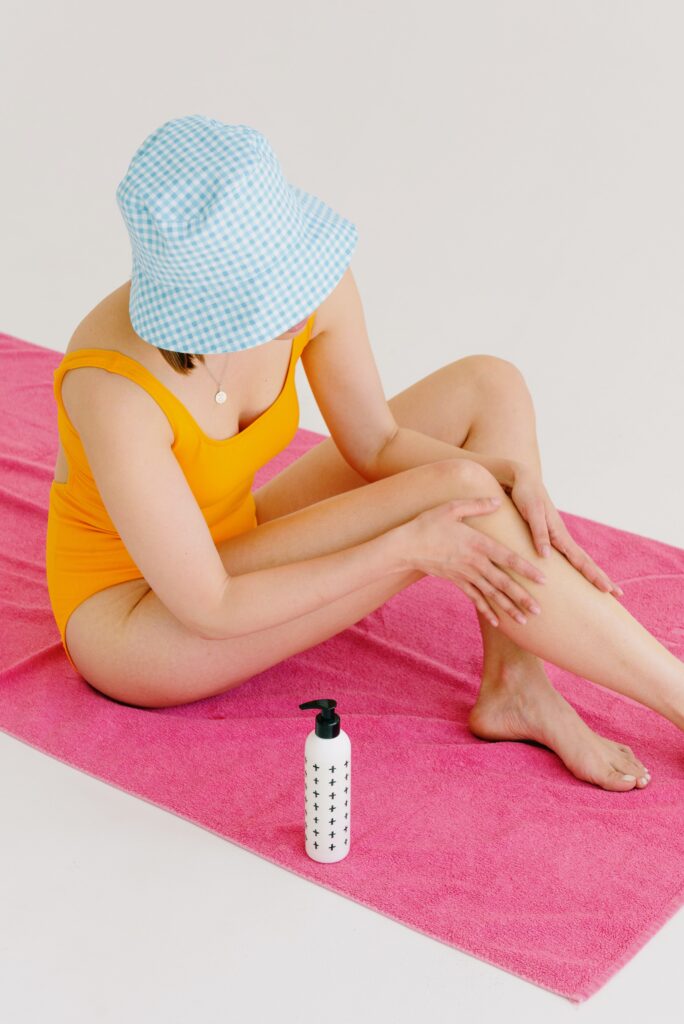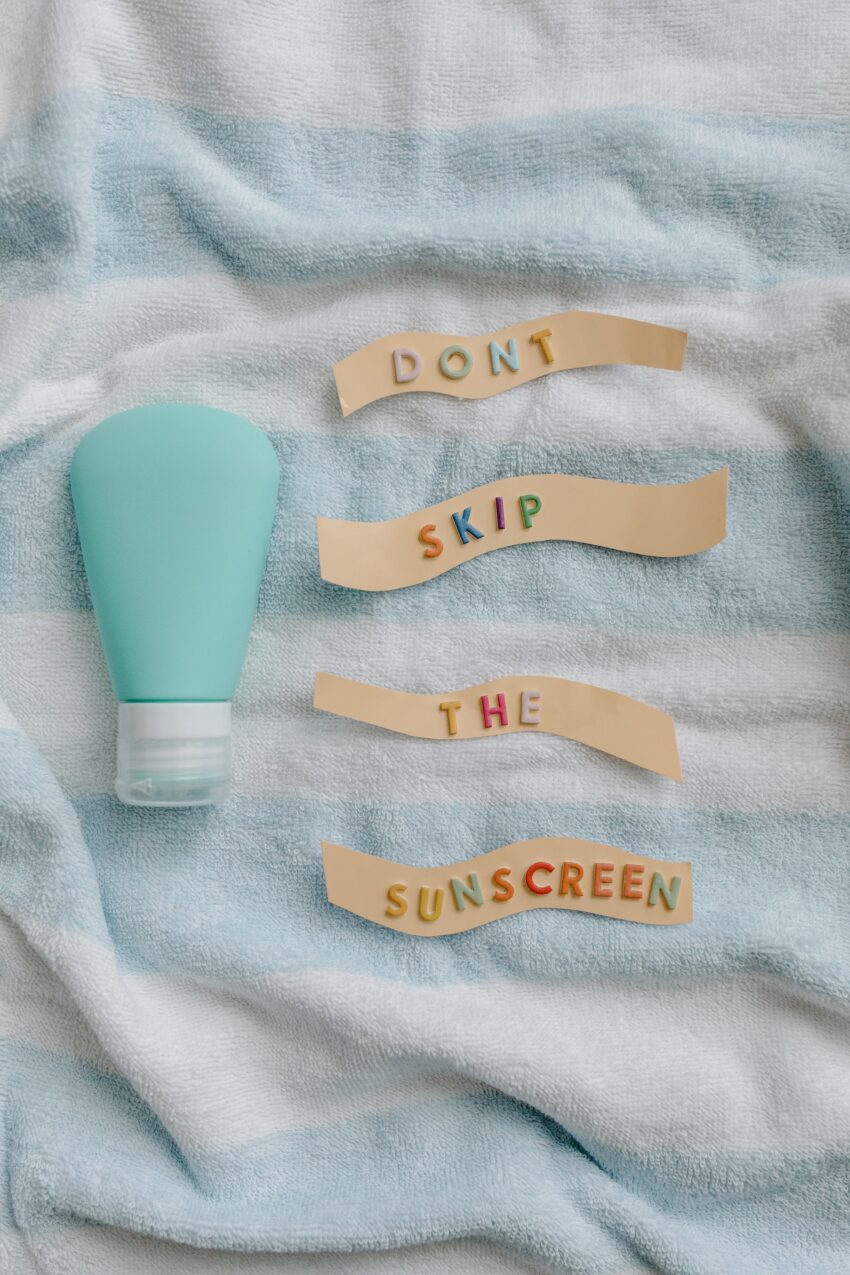Introduction
When it comes to skincare, there is one crucial product that should always have a prominent place in your routine: sunscreen. Regardless of your age, gender, or skin type, sunscreen is an essential component for maintaining healthy and protected skin. In this blog, we will delve into the importance of sunscreen and how it plays a vital role in safeguarding your skin from the harmful effects of the sun’s ultraviolet (UV) rays.
Understanding the Sun’s UV Rays
The sun emits two types of harmful UV rays: UVA and UVB. UVA rays have a longer wavelength and can penetrate deep into the skin, leading to premature aging, wrinkles, and age spots. UVB rays have a shorter wavelength and primarily affect the outer layers of the skin, causing sunburns. Both types of UV rays can contribute to the development of skin cancer over time.
The Role of Sunscreen
Sunscreen acts as a protective shield against the damaging effects of UV radiation. It works by absorbing or reflecting the UV rays, preventing them from penetrating into the skin. Sunscreens are typically formulated with active ingredients such as zinc oxide, titanium dioxide, avobenzone, or octinoxate, which provide different levels of protection against UVA and UVB rays.
Benefits of Using Sunscreen
- Protection against skin cancer: Skin cancer is one of the most prevalent types of cancer, and prolonged exposure to the sun without protection significantly increases the risk. Regular use of sunscreen helps reduce the likelihood of developing skin cancer by creating a barrier between your skin and the harmful UV rays.
- Prevention of premature aging: Exposure to the sun’s rays can lead to premature aging signs such as wrinkles, fine lines, and age spots. Sunscreen helps to minimize the damage caused by UVA rays, which are primarily responsible for aging the skin. By wearing sunscreen daily, you can maintain a youthful appearance and keep your skin looking healthy.
- Reduction in the risk of sunburn: Sunburn not only causes immediate discomfort but also damages the skin in the long run. Applying sunscreen with an adequate sun protection factor (SPF) helps prevent sunburn by blocking UVB rays from penetrating the skin. Remember to reapply sunscreen every two hours or more frequently if you are swimming or sweating.
- Prevention of hyperpigmentation: UV exposure can trigger an overproduction of melanin, resulting in hyperpigmentation or uneven skin tone. By wearing sunscreen, you can protect your skin from developing dark spots, melasma, and other forms of hyperpigmentation.
- Maintenance of overall skin health: Sun damage can weaken the skin’s natural barrier, making it more susceptible to environmental aggressors and moisture loss. By incorporating sunscreen into your skincare routine, you can help maintain the integrity of your skin, keeping it hydrated, supple, and resilient.
Choosing the Right Sunscreen
When selecting a sunscreen, consider the following factors:
- Broad-spectrum protection: Look for a sunscreen labeled “broad-spectrum,” as it indicates protection against both UVA and UVB rays.
- SPF rating: The SPF rating indicates the level of protection against UVB rays. Opt for a sunscreen with an SPF of 30 or higher for daily use.
- Skin type: Consider your skin type when choosing a sunscreen formulation. If you have oily skin, opt for oil-free or gel-based sunscreens, while those with dry skin may prefer moisturizing or cream-based options.
- Additional features: Some sunscreens offer added benefits such as water resistance, antioxidants, or anti-aging properties. Choose a sunscreen that aligns with your specific needs and preferences.
Conclusion
Sunscreen is undoubtedly the most important part of any skincare routine. By wearing sunscreen daily, you can shield your skin from the damaging effects of the sun’s UV rays, reducing the risk of skin cancer, premature aging, sunburns, and hyperpigmentation. Make sunscreen a non-negotiable step in your skincare regimen and enjoy the benefits of healthy, protected skin for years to come.
“You’re never too old to become younger.”
-Mae West

